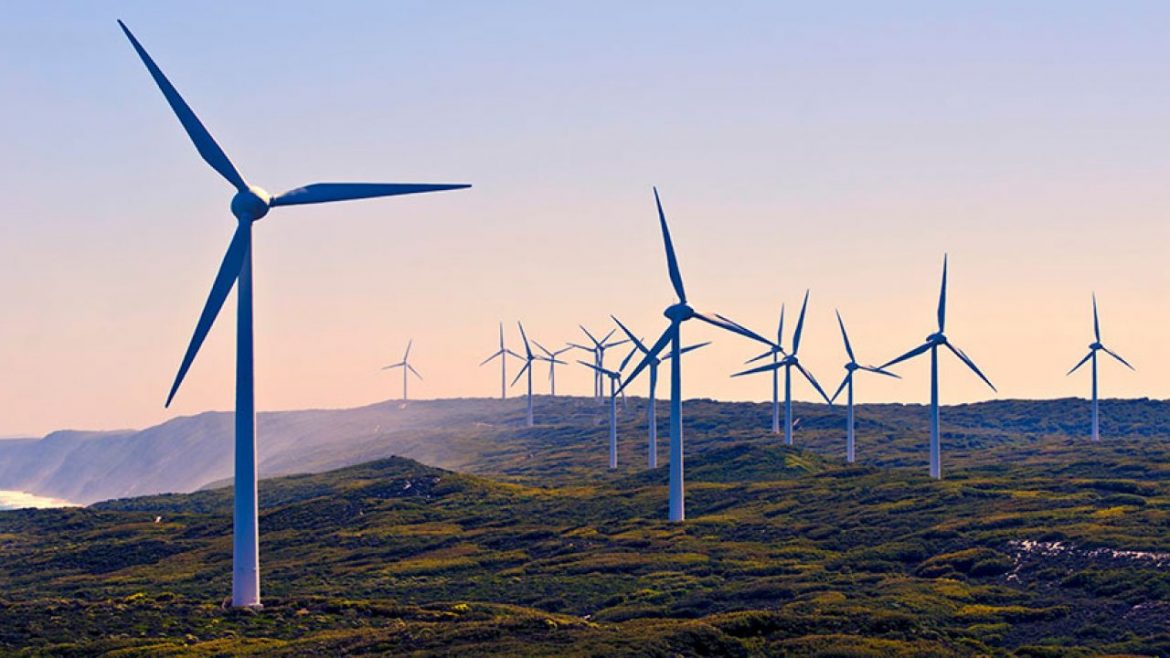The 2022 Climate Check international survey of 700 firms in 14 nations has found that Australian businesses have been predicted to wind back efforts to cut carbon emissions when the economy slows than their global counterparts.
However, the survey also found support in Australia for a crackdown on ‘greenwashing’ as Deloitte’s gauge of private companies with an annual turnover of between $US250m-$US10bn ($A366m-$A14.6bn).
It also found that about two-thirds of the 50 Australian executives surveyed supported new regulations and a crackdown on so-called greenwashing, both higher than the global average.
Taken just prior to last month’s Cop27 climate conference in Egypt, the 2022 Climate Check also preceded the release of Australia’s latest greenhouse gas data that showed the nation’s emissions were almost flat in the year to June where pollution totalled an estimated 486.9Mt CO2-equivalent, 0.1% or 0.4Mt CO2-e higher than a year earlier.
The government said last week that 3.7% reduction in emissions from the electricity sector as renewables expanded their share was nullified by increases in pollution from the oil, gas and farming sectors.
Read also: Govt mulls shutting down National Flood Response Centre
Despite Australia still falling short of the Albanese government’s legislated goal of cutting 2005-level emissions 43% by 2030, many Australian businesses would scale back climate action of their own because of higher inflation or other economic woes.
According to reports, one in five of the Australian firms surveyed by Deloitte said that they “will have to cut back on our efforts significantly over the next 12 months”, compared with the average of 12% across the globe.
Another 12% said they would “temporarily” discontinue those efforts – with an aim of resuming them in a year – compared with 8% overall. Still, 42% of the Australians survey expected to accelerate their sustainability action over the coming year, or slightly above the 37% global average.
While Australia’s economy is forecast by the IMF and others to perform relatively well in 2023 and beyond, the country’s greater dependence on fossil fuels than some of the other 13 nations surveyed meant the decarbonisation task “is much harder for us”, Pradeep Philip, head of Deloitte Access Economics, said.
Story was adapted from the Guardian.
